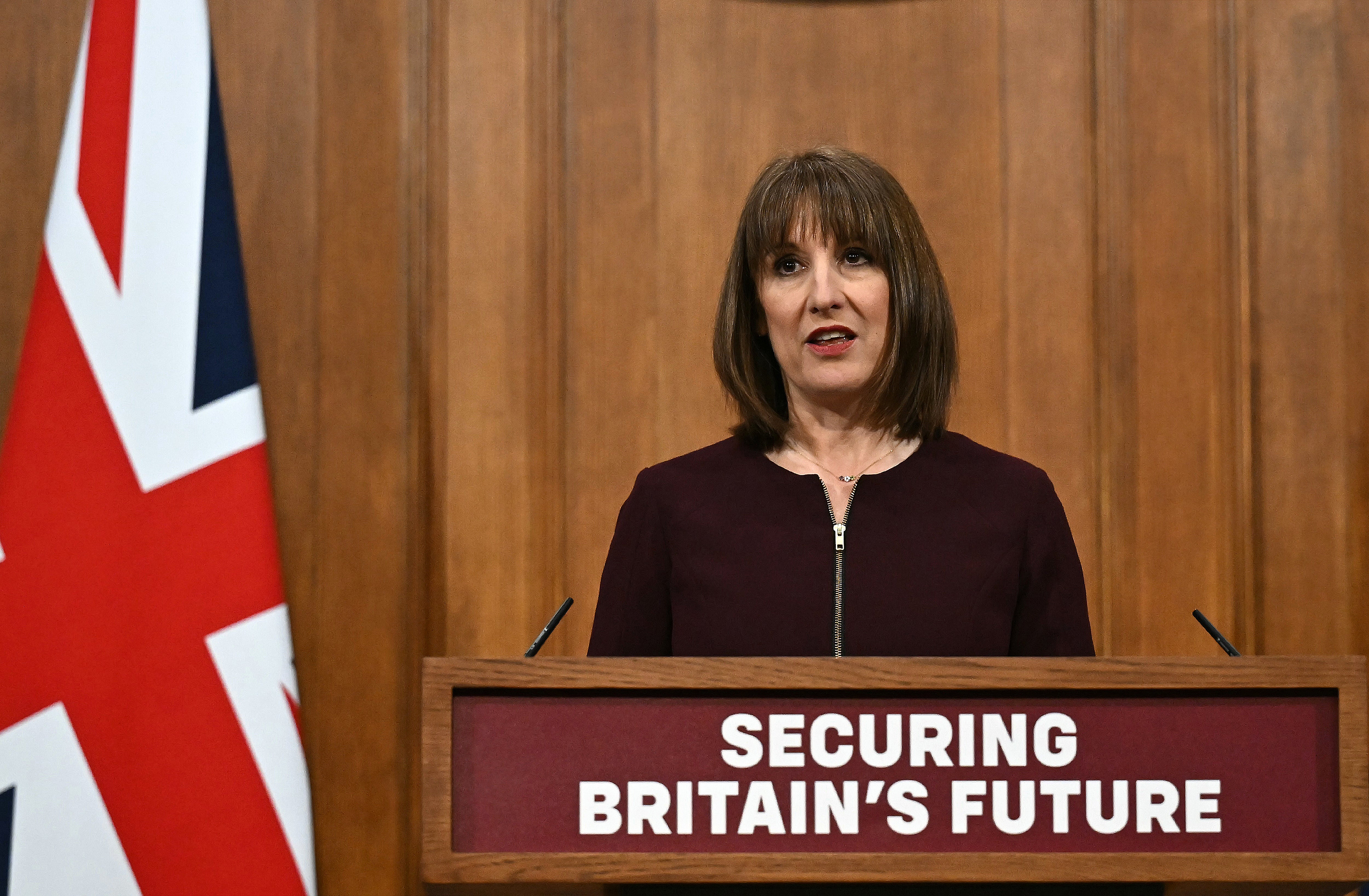Working age households will be £400 worse off on average next year due to tax hikes, soaring bills and stagnant benefits, a leading think-tank has warned.
Days after Rachel Reeves boasted that Labour’s policies will leave families £500 better off, the Resolution Foundation said the outlook for living standards is actually “historically bleak”.
In a blow to the chancellor, the left-leaning think tank said Labour’s tax hikes, the Tories’ ongoing freeze on personal tax thresholds and below-inflation increases to working-age benefits will lead to a £400, or one per cent, fall in disposable income for a typical household.

For those in the poorest half of the country, their disposable income, which is lower than the typical household income, will fall by two per cent, or £300. It will mark the beginning of a five-year period in which their disposable income will fall by £500, the Resolution Foundation warned.
It blamed the chancellor’s decision to hike employer national insurance, as well as spiralling utility and council tax bills. The think tank said the “main chink of light in an otherwise gloomy outlook” is the 6.7 per cent rise in the national living wage from £11.44 per to £12.21 per hour for those aged 21, which is set to benefit around 2 million workers.
It comes after the Resolution Foundation warned in its snap analysis of the chancellor’s spring statement that low-income households will become £500 per year poorer by the next general election.
The findings raise significant doubts about the chancellor’s claim, based on a forecast by the government’s spending watchdog, that average households will be £500 better off.
In its own documents, the Office for Budget Responsibility (OBR) said that figure would be “less tangible for households”, as much of it is based on how much homeowners would receive if they rented out their home.
The Resolution Foundation, which is focused on improving living standards for those on low-to-middle incomes, also said working-age benefits will not keep pace with inflation this year, adding that low-income renters will also be squeezed by a freeze on local housing allowance.
Principal economist Adam Corlett said: “The new tax year has arrived, and brings with it higher taxes, even larger bill increases, and benefits that aren’t keeping pace with the rising cost of living.
“The typical household is now projected to be £400 worse off this financial year, due to a combination of weakening earnings growth, rising housing costs, taxes and bills, and benefits struggling to outpace inflation.
“As vulnerable households try to meet these rising costs, the Government can help by bringing forward next year’s welcome universal credit boost to this October.”
A government spokesperson said:“Living standards, measured by the broader RHDI per capita measure, are growing at their fastest rate in two years.
“We’re also putting more money into people’s pockets by boosting the minimum wage by up to £1,400 a year, freezing fuel duty and protecting working people with no rise in their national insurance, income tax or VAT.

